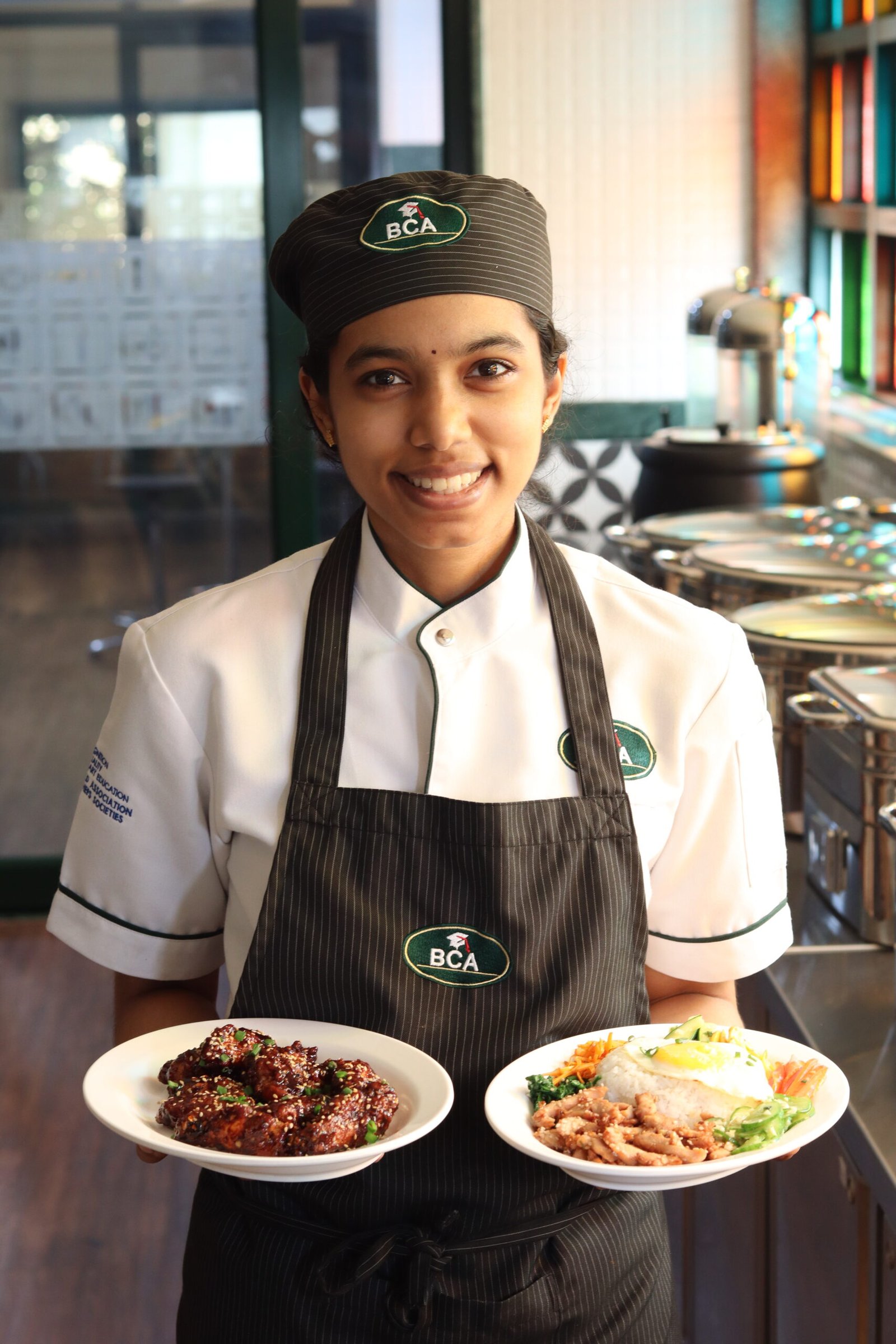Escuela Confiar
Master the Art of Cooking with Professional Chef Training Courses

In today’s competitive and dynamic culinary industry, success depends not only on passion and creativity but also on professional training and industry-ready skills. Whether you're an aspiring chef or looking to level up your culinary expertise, enrolling in comprehensive chef training courses is the smartest way to launch or advance your career in the food world. These programs are designed to equip you with the technical know-how, hands-on experience, and business acumen required to excel in high-pressure kitchen environments.
What Are Chef Training Courses?
Chef training courses are formal education programs that teach both the fundamentals and advanced techniques of culinary arts. These courses cover a wide range of topics, including basic cooking methods, international cuisines, food safety, nutrition, kitchen management, and modern plating techniques. Whether you are new to cooking or already have some kitchen experience, these structured courses offer a learning path tailored to your career goals.
Chef training courses can range from short-term certificate programs to in-depth diploma and degree-level courses. They are typically offered by culinary schools, hospitality institutes, and accredited academies.
Why Take a Chef Training Course?
Enrolling in a chef training course offers several advantages over self-taught learning or on-the-job experience alone. Here's why formal training can elevate your culinary career:
1. Structured Learning Environment
Chef training courses follow a well-organized curriculum that ensures a solid foundation in culinary arts, eliminating gaps in knowledge.
2. Hands-On Practical Experience
Most courses emphasize practical training in professional kitchens, giving students real-world exposure to equipment, recipes, and pressure situations.
3. Industry-Relevant Skills
Learn current techniques in modern cooking, sustainable practices, and the latest food trends.
4. Globally Recognized Certification
Completing a chef training course from a reputed institution gives your resume a competitive edge and opens doors to global opportunities.
5. Networking and Internships
Many programs offer industry internships and networking opportunities that can lead to job placements or collaborations in the future.
Key Components of Chef Training Courses
A well-rounded chef training course covers more than just how to cook. Here's what you can expect to learn:
· Culinary Fundamentals: Knife skills, mise en place, mother sauces, food preparation methods.
· Global Cuisine: Italian, French, Asian, Indian, and Middle Eastern cooking styles and techniques.
· Bakery and Patisserie: Pastry arts, bread making, chocolate work, and dessert plating.
· Food Safety and Sanitation: HACCP practices, allergen awareness, and safe food handling.
· Menu Planning and Cost Control: How to create profitable menus and manage food costs.
· Nutrition and Special Diets: Learn to cook for health-conscious and special dietary needs.
· Plating and Presentation: Artistic food styling to match fine-dining standards.
· Kitchen Management: Inventory, team leadership, kitchen operations, and customer service.
· Internships and Live Projects: Work in real-world restaurant or hotel settings as part of the training.
Where to Study: Bangalore Culinary Academy
If you're looking for world-class chef training courses in India, the Bangalore Culinary Academy is one of the top institutions to consider. Located in the heart of Bangalore, this academy is known for its commitment to culinary excellence and international standards.
Why Choose Bangalore Culinary Academy?
· Internationally Aligned Curriculum: Their courses are designed in sync with global culinary standards.
· Expert Faculty: Learn under the mentorship of chefs with years of international and industry experience.
· Modern Infrastructure: State-of-the-art kitchens and learning facilities.
· Diverse Course Options: Whether you're a beginner or a professional, there are courses tailored to your level.
· Strong Industry Links: The academy has tie-ups with top hotels and restaurants for internships and placements.
· Career Support: From resume-building to job placements, you receive guidance throughout your culinary journey.
Career Opportunities After Chef Training
Upon completion of a chef training course, graduates can pursue various career paths in the culinary and hospitality sectors, such as:
· Executive Chef – Lead the kitchen in luxury hotels or restaurants.
· Sous Chef – Oversee day-to-day kitchen operations.
· Pastry Chef – Specialize in desserts, cakes, and pastries.
· Private or Personal Chef – Cook for high-profile clients or wellness retreats.
· Food Stylist or Blogger – Combine culinary art with content creation.
· Catering Manager – Plan and execute food services for events and functions.
· Restaurant Owner – Start your own culinary venture or cloud kitchen.
With the global food industry constantly evolving, trained chefs are in demand not only in restaurants and hotels but also in airlines, cruise ships, catering companies, and food media.
Who Should Enroll?
Chef training courses are suitable for:
· Aspiring chefs wanting a professional career in culinary arts.
· Hospitality students aiming to specialize in kitchen operations.
· Food entrepreneurs planning to start their own business.
· Culinary enthusiasts looking to turn their passion into a profession.
· Professionals seeking a career change into the food industry.
A culinary career offers creativity, excitement, and endless opportunities—but it also requires discipline, precision, and training. Chef training courses provide the skills and confidence needed to thrive in the fast-paced world of professional cooking. If you're serious about making your mark in the culinary industry, the first step is the right education.
